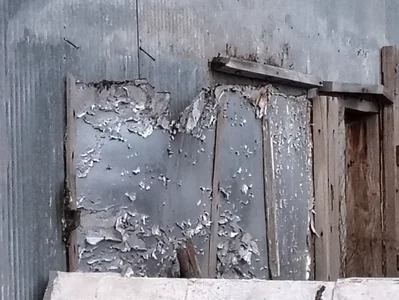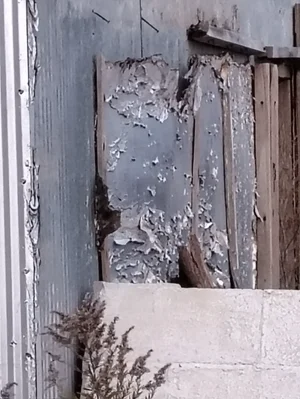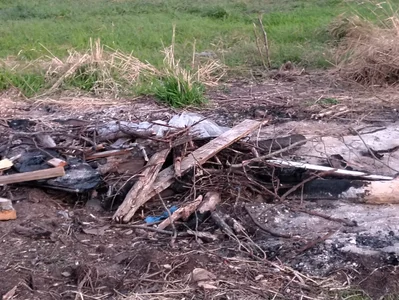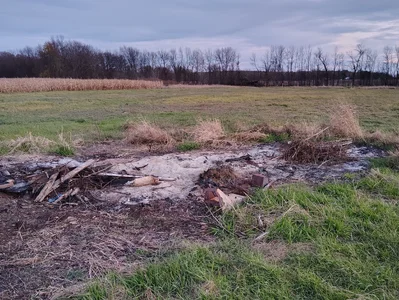I'm sure this was true until the 80s/90s but I'm fairly sure that other materials are used now for clutches/brake pads? There's a warning in the Haynes manual for my car but in a later revision, (that unfortunately I don't own a copy of any more) the warning was amended. The new version added that only older parts were likely to be made from asbestos but it was advised not to breathe the dust regardless. I only have a couple of copies of the first edition not the later one so I can't confirm it.Automobile brake parts are made from asbestos.
EDIT: I did a quick search and I found that in the UK the use of asbestos began to be phased out in the 80s but it may still be used in the US and some other places. Older cars (like mine) may still have clutches from the 80s or dust from old clutches in the transmission casing so its still best to be careful.
Last edited:



